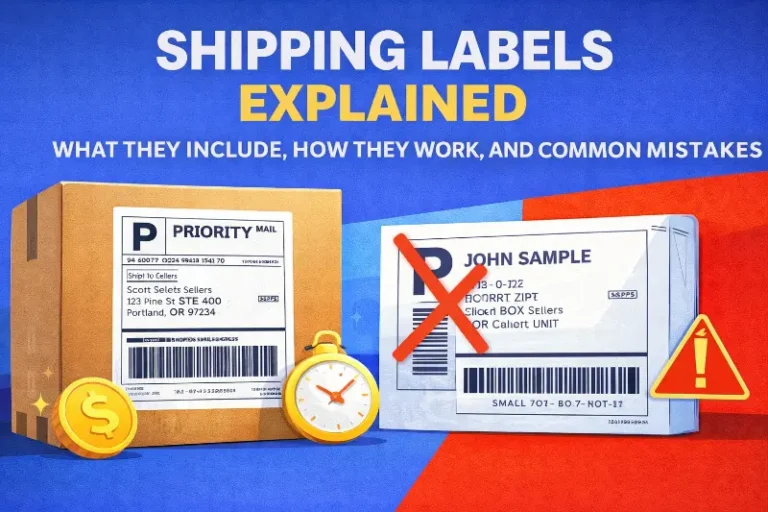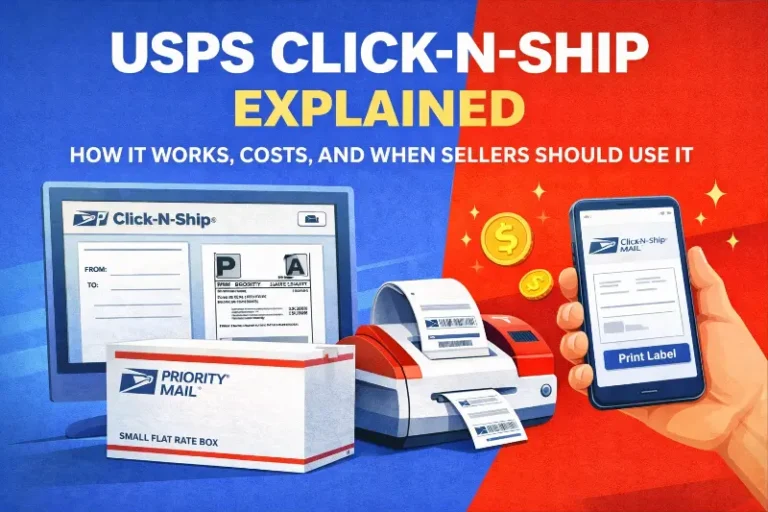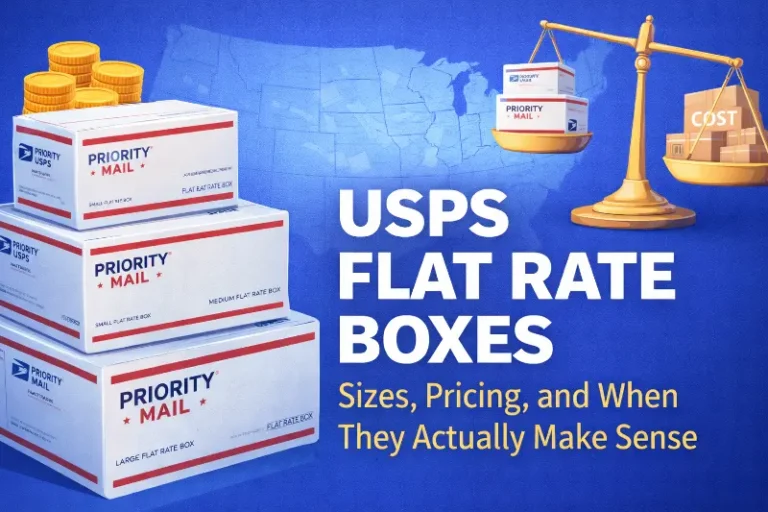B2B Ecommerce Fulfillment: How 3PLs Deliver Bulk Orders & Custom Packaging

Last updated on August 29, 2025
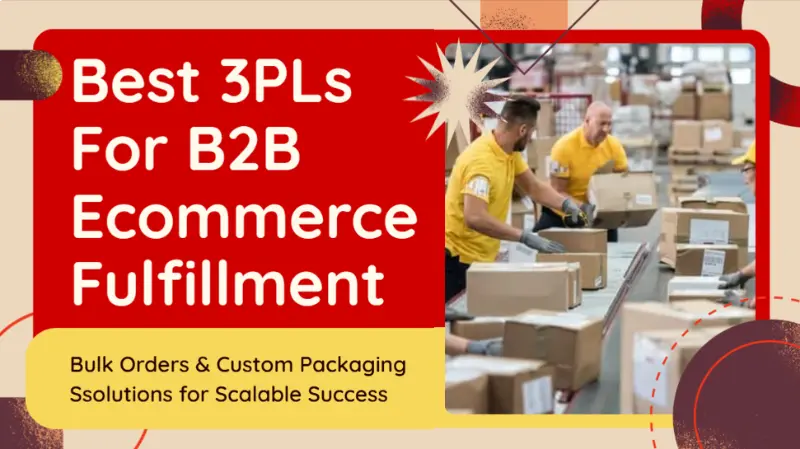
Most people think ecommerce fulfillment is about one box, one customer. B2B stands for business-to-business, and B2B ecommerce fulfillment refers to transactions between one business and another. B2B ecommerce fulfillment flips that script; now it’s pallets, custom packaging, multi-SKU coordination, and one order worth tens of thousands of dollars. The key difference between B2B and B2C fulfillment is that B2B involves more complex, customized logistics, while B2C is more standardized. If you treat that like a B2C shipment at scale, you’re setting yourself up for disaster.
Here’s the reality: B2B fulfillment isn’t harder because it’s “bigger.” It’s harder because the stakes are higher; relationships, service levels, and reputational risk hinge on every single shipment. B2B ecommerce fulfillment is a multifaceted process involving complex logistics, inventory management, and order handling. So let’s talk about how 3PLs that know what they’re doing handle bulk orders, custom packaging, and why it matters for your business growth.
Why B2B Ecommerce Fulfillment Is a Different Beast
B2B fulfillment isn’t just “more volume.” Unlike B2C, B2B fulfillment involves transactions between other businesses rather than individual consumers. Here are the key differences between B2B and B2C fulfillment:
- Bulk orders with complexity: Multiple SKUs per order, different pack-out requirements, and scheduled delivery windows. Miss one spec, and you’re issuing credits or losing a contract.
- Custom packaging for business clients: These aren’t unboxing videos; these are brand impressions for their customers. B2B fulfillment is tailored to the specific business needs of clients. Botch the branding, and you look unprofessional to their buyers.
- Strict service-level agreements (SLAs): On-time and accurate aren’t suggestions; they’re contractual. B2B fulfillment often involves shipments to retail stores or business locations, unlike B2C, which serves individual consumers. One missed SLA could mean financial penalties or worse.
- Integration with business systems: You’re not emailing updates; you’re syncing with EDI, ERPs, and procurement platforms.
A third-party logistics provider (3PL) must be built for this complexity, or you’ll end up firefighting every month.
Slash Your Fulfillment Costs by Up to 30%
Cut shipping expenses by 30% and boost profit with Cahoot's AI-optimized fulfillment services and modern tech —no overheads and no humans required!
I'm Interested in Saving Time and MoneyHow 3PLs Handle Bulk Orders Without Dropping the Ball
1) Advanced Order Management
Top-tier B2B fulfillment partners use order management systems designed for business clients, emphasizing efficient management to meet the complex needs of B2B order fulfillment:
- Aggregate multi-line orders accurately and manage orders efficiently through a centralized dashboard.
- Allocate inventory across fulfillment centers with precision.
- Flag exceptions early, before they become missed SLAs, to minimize errors in the fulfillment process.
2) Dedicated Account Management
B2B relationships live and die on communication. The best 3PLs:
- Provide a dedicated account manager who knows your business inside and out.
- Offer proactive updates on order statuses, potential delays, and performance metrics.
- Escalate issues before they hit the customer’s desk.
3) Bulk Handling Expertise
Bulk isn’t just “more boxes.” It’s about handling wholesale orders with specialized bulk handling expertise, including:
- Pallet optimization: stacking configurations to minimize freight costs and damage risk.
- Kitting and assembly: pre-building kits for business promotions or seasonal needs, these are value-added services that 3PLs offer to enhance supply chain operations.
- Labeling precision: adhering to retail or distributor compliance requirements, GS1 labels, ASN accuracy (Advance Shipping Notice), and meeting the specific packaging and shipping protocols required by big box stores.
4) Custom Packaging Done Right
Custom packaging isn’t fluff; it’s a B2B competitive advantage:
- Reflects your client’s branding standards exactly and can be tailored to customer preferences for branding and presentation.
- Supports sustainability mandates (eco-friendly materials, minimal waste).
- Adjusts quickly to changes, new designs, temporary campaigns, or client-specific configurations.
5) Inventory Visibility & Control
B2B clients need real-time visibility into stock levels and order statuses, making advanced inventory management systems essential for efficient operations. Modern 3PLs deliver:
- Live dashboards: with stock, order progress, fulfillment KPIs, and real-time monitoring of inventory levels.
- Automated replenishment alerts: preventing stockouts and missed POs.
- Analytics: so you can forecast demand, optimize inventory investment, and prevent supply chain disruptions by identifying risks early.
How Businesses Should Prepare for B2B Fulfillment Success
Even with a great 3PL, your success depends on how you partner. Building a successful partnership with your 3PL is essential for smooth logistics operations and long-term growth:
- Share accurate forecasts and upcoming campaign details early.
- Standardize product data, labeling, and packaging specs.
- Build strong relationships with your account manager, treat them like a fulfillment partner and an extension of your team.
- Audit your 3PL’s operational excellence: error rates, on-time performance, and compliance metrics to ensure you have chosen the right fulfillment provider for your business.
- Remember, effective partnerships are key to empowering businesses to focus on growth and core operations.
Real-World Example: When It All Clicks
A mid-sized skincare brand, operating as an ecommerce business, scaled to major retail partners by leveraging a 3PL that:
- Integrated with their ERP for seamless order flow.
- Provided expertise in b2b order fulfillment for ecommerce businesses, handling bulk seasonal launches with custom display packaging.
- Maintained 99.95% on-time fulfillment across 4,000+ monthly B2B orders.
- Result: fewer chargebacks, happier retail partners, and a stronger bottom line.
Looking for a New 3PL? Start with this Free RFP Template
Cut weeks off your selection process. Avoid pitfalls. Get the only 3PL RFP checklist built for ecommerce brands, absolutely free.
Get My Free 3PL RFPWhat To Do Next
- Review your current fulfillment SLAs; are they being met consistently?
- Ask your 3PL how they handle custom packaging changes mid-campaign.
- Demand real-time inventory visibility if you don’t have it already.
- Run a mock bulk order audit, track how long it takes from receipt to ship, and whether it hits compliance standards.
- Review your 3PL’s service offerings and whether they provide a comprehensive suite of solutions, including returns management, kitting, and custom packaging. For a structured process, see the RFP Template for 3PL Partner Evaluation.
- Evaluate the 3PL’s technological capabilities and their ability to provide seamless integration with your ecommerce platform for real-time data exchange, order tracking, and inventory management.
The Bottom Line
B2B ecommerce fulfillment is where logistics meets reputation, supporting sustainable growth and operational efficiency for your business. Bulk orders, custom packaging, and high-stakes SLAs demand a level of precision most B2C-focused providers can’t match. Partnering with a specialized 3PL offers numerous benefits, including cost efficiencies through freight consolidation and exceptional service that meets the unique demands of B2B buyers. Choose the right partner, and you’ll not only meet expectations, you’ll turn fulfillment into a competitive weapon that drives higher customer satisfaction.
Frequently Asked Questions
How Is B2B Ecommerce Fulfillment Different from B2C?
B2B involves bulk shipments, strict SLAs, custom packaging, and system integrations like EDI. The key difference between B2B and business-to-consumer (B2C) fulfillment is that B2B focuses on bulk shipments to other businesses, while B2C serves individual consumers with individual orders. B2C fulfillment often deals with unpredictable demand, requiring flexible logistics to meet the needs of individual consumers. The key differences between these two models include order size, demand patterns, shipping methods, and customer expectations. It’s less about one-off orders and more about reliability and compliance at scale.
Why Is Custom Packaging Important in B2B?
It ensures your brand (or your client’s brand) meets professional presentation standards and compliance requirements, which can directly impact client retention and satisfaction. Many fulfillment services include custom packaging as part of their service offerings, allowing businesses to enhance their brand image and meet specific B2B requirements through their chosen fulfillment service.
What Metrics Should I Monitor for B2B Fulfillment?
Key metrics include on-time delivery rate, order accuracy, error rate per line item, and compliance adherence for packaging and labeling. Additionally, monitoring supply chain metrics is essential to ensure resilience and efficiency. It’s important to track potential supply chain disruptions, as well as analyze market trends and future trends, to anticipate changes and adapt your strategies accordingly.
Do I Need a Dedicated Account Manager?
Yes. Complex accounts require a single point of contact to coordinate logistics, handle escalations, and maintain proactive communication. A dedicated account manager also helps streamline processes, improving fulfillment efficiency and ensuring smoother operations.
How Do I Choose the Right 3PL for B2B Ecommerce?
Look for experience with bulk orders, proven SLA adherence, real-time inventory visibility, and strong references from other B2B clients. Evaluate fulfillment providers and the fulfillment company’s track record in handling complex B2B logistics. It’s important to choose a fulfillment provider that can efficiently serve the receiving business and other businesses, ensuring fast, accurate shipping and meeting the unique needs of B2B operations.
Turn Returns Into New Revenue
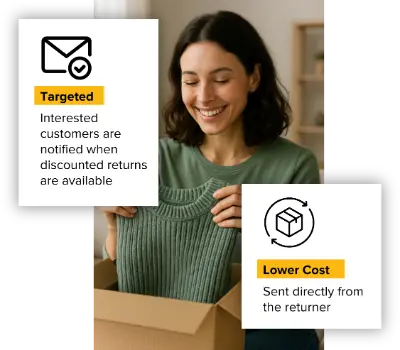
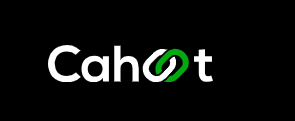
 7 minutes
7 minutes
